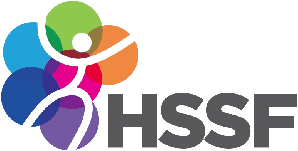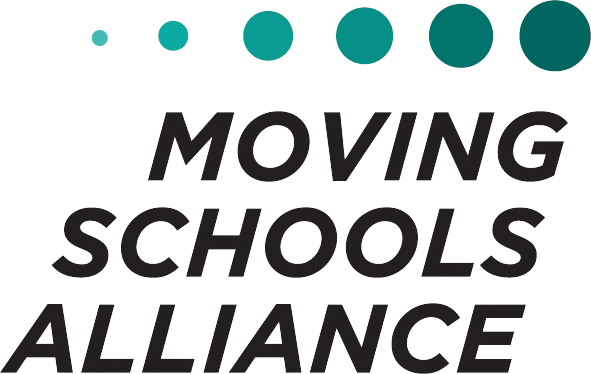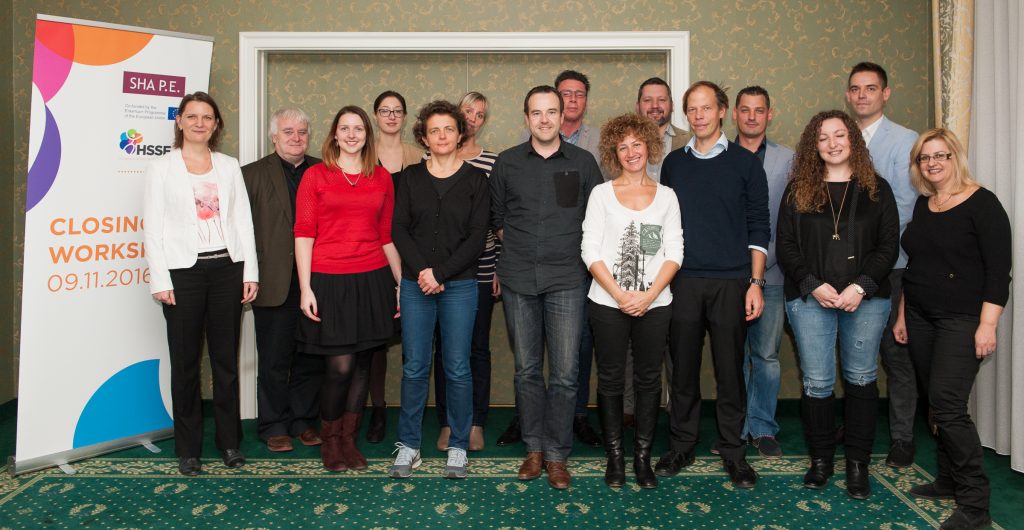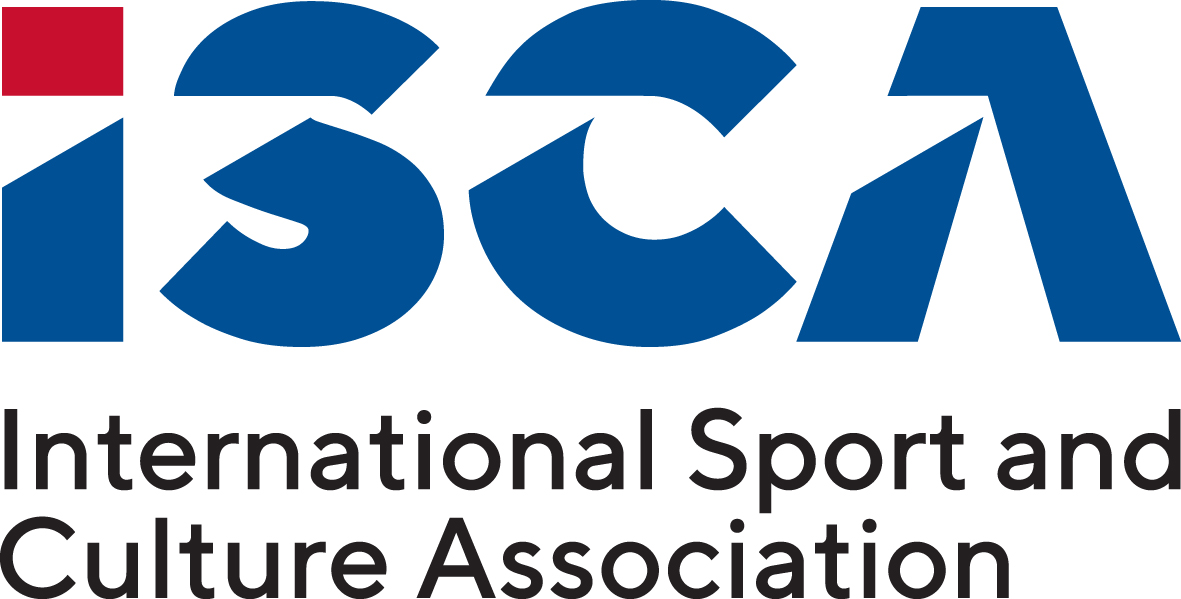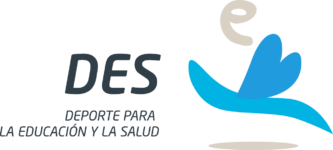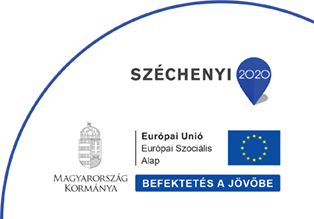UPON A HUNGARIAN INITIATIVE THE COUNCIL OF THE EUROPEAN UNION ADDED HEALTH-CONSCIOUS AND FUTURE-ORIENTED LIFE STYLE TO THE OBJECTIVES OF THE KEY COMPETENCES OF LIFELONG LEARNING
Lifelong learning as a term is well-known to many but is still elusive for the most of us. The essence of the concept is that the lifelong improvement of personal skills, knowledge and attitude are key to the individual, the communal and the economic development, thereof competitiveness and growth.
Due to the above, lifelong learning has been already in the focus of education science for a long time, but today it greatly affects other fields ‒ such as sport, health, and even elder care ‒ as well.
In the early 2000s, the European Union has committed itself to increase employment and create a knowledge-based society, as a consequence of which the European Parliament and the Council adopted the Recommendation on Key Competences for Lifelong Learning in 2006, the reference framework on key competences which for the first time comprised all competences that may contribute to the achievement of the objectives.
The EU aims to support the Member States in the establishment of education and training subsystems (incl. public education, vocational training, higher education and adult learning) through which all of us can acquire, as well as individually and effectively develop the knowledge, skills, and attitudes required for employment, to stay on the labour market, or to complete our own life courses.
Since its adopting, the reference framework has had a great influence on the Hungarian education and training system. It was not by chance that the key competence areas it defined were transposed nearly unchanged into the 2007 and 2012 National Core Curricula of Hungary.
In the ageing Europe, however, life expectancy at birth may increase compared to the 2010 values by 7.9 years in the case of men and by 6.5 years in the case of women by 2060, it is prognosed by the European Commission. The number of those aged 60 or over increases by approximately 2 million per year, on the contrary the active working age population (the 20 to 59 years old) will fall each year in the next decade. The pensions will make up a growing share of the state expenditure, at present over 10% on average, which can increase to 12.5% on the whole territory of the EU by 2060.
With these figures at hand, it is easy to see that in order to engage in work and to remain on the labour market it will not be enough for the next generation to properly communicate in their mother tongue, or to speak foreign languages, nor do skills in natural sciences, math or digital literacy provide any guarantee. The greatest challenge will be the extension of the time spent in employment.
This is the reason why Hungary consistently stood up for the prominent representation of health-conscious and future-oriented life style in the Recommendation during the reference framework’s interim review in 2017-2018 and indicated that through regular physical activity a real difference could be achieved.
Important professional and policy ammunition was given to this by one of the Hungarian School Sport Federation’s (HSSF) projects – implemented in cooperation with its five international partners – which has elaborated a key competence proposal in 2016 and was recognised as “success story” by the European Commission.
In harmony with the 2016 review of the Hungarian government strategy ‘Strategic Actions for Health-Enhancing Physical Education (T.E.S.I.) 2020’, the intention to emphasise healthy life style related key competence elements appeared in the official Hungarian proposal prepared to the reference framework’s now closed review. As a result, personal and interpersonal competences have become more prominent – in place of and beside the former social and civic competences –, and health-conscious, future-oriented life style as a competence component is mentioned several times in the revised Recommendation that has been passed in May this year. HSSF hopes this fact will influence the new Hungarian National Core Curriculum, in connection to which HSSF – being lead partner in the project Human Resource Development Operational Programme (EFOP) 3.2.8. – prepares a proposal for the physical education and sport literacy field’s content.
For more information please visit:
http://data.consilium.europa.eu/doc/document/ST-8299-2018-INIT/en/pdf
